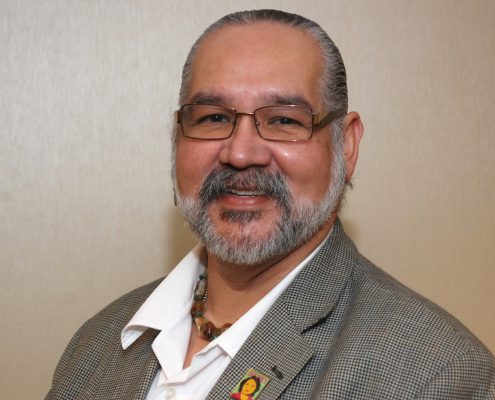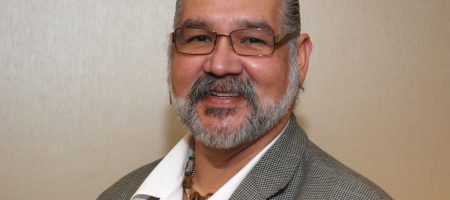UCLA Recognized for Commitment to Supporting Transfer Students
The American Talent Initiative (ATI) and the Campaign for College Opportunity have both recognized UCLA for its dedication to helping community college students transfer to and graduate from four-year universities.
ATI’s report The Talent Blind Spot: The Practical Guide to Increasing Community College Transfer to High Graduation Rate Institutions, published in June 2018, features UCLA and CCCP as an example of a university that has created a robust outreach and support system for transfer students, beginning with the outreach programs in CCCP through on campus support structure. The report highlights the breadth and depth of UCLA’s “transfer-friendly ecosystem” as a model for how other universities can scale up their transfer outreach and programming in order to promote student success.

Alfred Herrera, Assistant Vice Provost for Academic Partnerships, Director of UCLA’s Center for Community College Partnerships
In addition, Alfred Herrera, assistant vice provost for academic partnerships and director of UCLA’s Center for Community College Partnerships, was chosen to receive the Campaign for College Opportunity’s inaugural “Unsung Hero” award at its third annual Champions of Higher Education celebration this December.
“It’s a great honor to be recognized for the work we are doing at UCLA,” Herrera said. “We’ve really tried to demonstrate the need to develop stronger partnerships to support, welcome and transition transfer students to UCLA in order for them to excel and graduate.”
UCLA was one of only three schools that ATI chose to feature in its report as an example of best practices in supporting transfer students. With a transfer population of about 35 percent of all undergraduate students and a four-year transfer graduation rate of 92 percent, UCLA models how a university can guide a large number of transfers to success. ATI also commended UCLA’s commitment to closing equity gaps in transfer student success through the successful partnerships CCCP has with local community colleges and summer programs for prospective students and for incoming transfers.
Herrera said transfers have long been a priority at UCLA. Campus leadership is dedicated to admitting a large cohort of transfers every year and providing a wide range of resources to support them, from transition programs to academic counseling and social activities. Chancellor Gene Block has even visited over a dozen community colleges to discuss new ways the university can partner with them – something that no other top-tier research institution in the country has done, Herrera said.
Admitting and supporting transfer students is a crucial step in increasing low income and underrepresented students’ presence on campus, since these students make up the majority of community college populations, Herrera noted. Students who are members of underrepresented groups – such as parents, former foster youth and undocumented students – offer unique and valuable insights in the classroom that benefit all students’ learning experiences.
But there is still a lot of work to be done. With over 30,000 undergraduates, “UCLA does not need more applicants, we need a different kind of applicant,” Herrera said. “We must understand the importance of the diversity of these students, and we must begin to understand the critical place transfer students occupy in our university.


